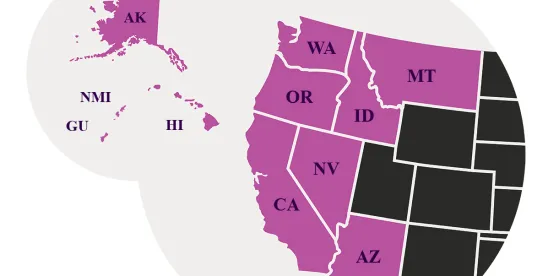The Northern District of California recently granted a motion to dismiss, finding the plaintiff failed to plausibly allege that e-commerce platform Shopify was directly or vicariously liable for the alleged TCPA violations of a retailer using the platform. Sheski v. Shopify (USA) Inc., No. 19-CV-06858, 2020 WL 2474421 (N.D. Cal. May 13, 2020).
The plaintiff filed a putative class action complaint alleging, among other claims, that the defendants Shopify (USA) Inc. and Shopify Inc. (collectively, “Shopify”) violated the TCPA due to Shopify’s “unlawful practice of making, facilitating and participating in an unauthorized text message marketing campaign en masse to consumers’ cellular telephones.”
The plaintiff had purchased a product from Masorini, a retailer that used Shopify’s online checkout platform. During the checkout process, the plaintiff alleged he was prompted to input his telephone number “for shipping updates.” After the purchase, the plaintiff purportedly received two text messages about cyber deals. The messages read “Masorini: Hey David. Cyber Monday! 30% OFF – Code ‘CM30’ Shop here! [sic] – STOP 17908 to opt-out.”
The court found that the plaintiff’s allegations did not give rise to a plausible inference that Shopify was directly or vicariously liable for the text messages.
First, the court held that the plaintiff failed to plead sufficient allegations to establish that Shopify was directly liable for the text messages at issue. The court found that, as alleged, the Shopify platform was “much like Yelp’s platform in Meeks or the TextMe application in the 2015 TCPA Declaratory Ruling.” In Meeks, the Northern District of California held that Yelp was not liable for a text message from a restaurant even though Yelp had provided the platform that the restaurant used to send the messages. Importantly, the court found that the plaintiff did not allege that Yelp “decided whether, when, or to whom to send the messages.” Similarly here, Shopify’s provision of the platform did not mean that it had “controlled the content and sent the message.”
Second, the court held that the plaintiff had failed to sufficiently allege that Shopify was vicariously liable under principles of agency law. To state a claim under a vicarious liability theory, the plaintiff would have to allege that “[Shopify] controlled or had the right to control [the entity responsible for the text messages] and, more specifically, the manner and means of the text message campaign they conducted.” The court held that Shopify’s alleged receipt of a percentage of retail sales “in no way” supported the inference that the third-party retailer acted on Shopify’s behalf or under Shopify’s control.
For these reasons, the court held that the plaintiff had failed to state a claim and granted Shopify’s motion to dismiss. While the dismissal was without prejudice, it is difficult to imagine the plaintiff being able to rectify his claims under current precedent. On the other hand, the Meeks opinion (about Yelp’s platform) on which the court relied has been appealed and the Ninth Circuit ruling is expected in the next several months. We will report on the Ninth Circuit’s view on vicarious liability under the TCPA when the opinion is available.





 />i
/>i

